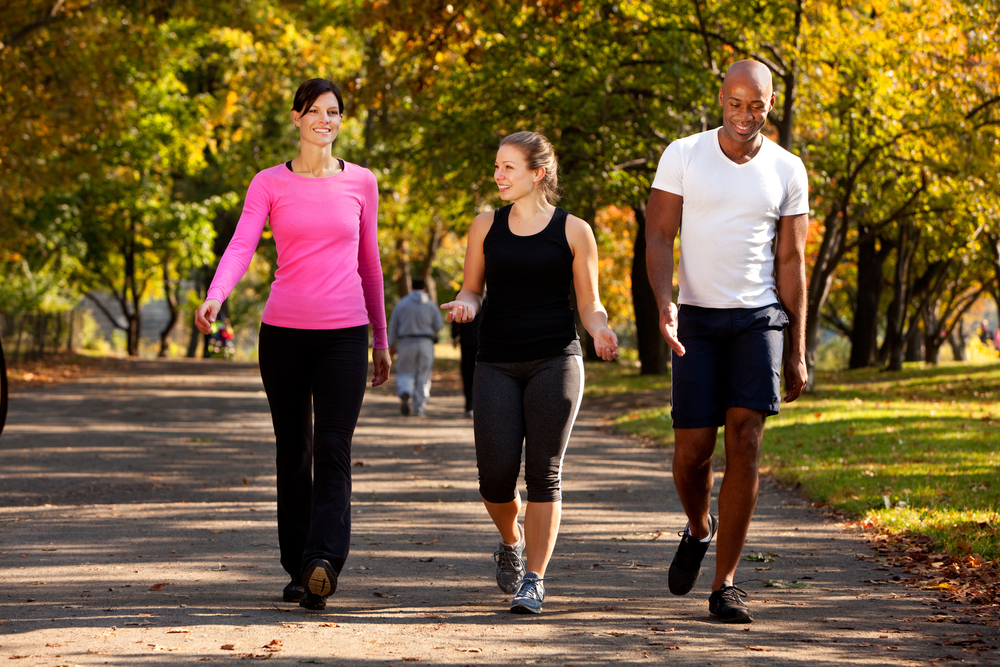Given the current pandemic, many people have replaced their regular exercises to only walking or running at the moment as most gyms are close and all gym equipment are out of stock in most stores.
Walking is a form of exercise. walking improves cardiac risk factors such as cholesterol, blood pressure, diabetes, obesity, vascular stiffness and inflammation, and mental stress.
However, those who thought 10,000 steps a day or a brisk daily trudge from a further bus stop meant they were doing enough to stay fit and healthy have got it wrong.
Aerobic exercise such as walking and gardening is good for cardiovascular health but these exercises alone are not enough for many young adults. Muscles and bones strengthening and balancing exercises also play a big part to keep fit and healthy as an individual.

Muscles tend to be at their peak in our 30s and the muscle tone will slowly decrease by the time we reach 40s unless we actively work on it.
Walking is not a strength-based exercise nor does walking leads to significant gains in joint flexibility, but walking regularly does have positive effects on your joints.
As the pandemic prolongs, we are starting to see a trend of general deconditioned individuals coming into our clinic due to lack of regular routine exercises and reduction in physical activities compared to what they used to do pre pandemic period.
These signs are not detrimental but should never be taken lightly. General deconditioning occurs when a lack of physical activity causes rapid deterioration of the muscles, bones, and even sometimes the mind.
General deconditioning can be reversed with exercise, most deconditioned clients will need to work with a physiotherapist to ensure safe restoration muscle tone and bodily functions as well as preventing potential injuries during these reconditioning periods.
Most common symptoms of general deconditioning include:
- Muscles weakness
- Feeling breathless after mild exercises
- Digestive difficulties
- Pulmonary conditions
- Depression and low physical level reduce concentration
Here at Capital Physiotherapy, we will help individual get back to their fitness level and by giving each individual a tailor re conditioning program depending on what we assess and educate each client with specific advice on frequency for exercising, type of exercise and what to look out for to prevent deconditioning/ injuries to occur in such a time that we are living in, even if we can’t go to our regular exercise outlet, we can still have ways to keep us fit and healthy.
If you feel that you might be suffering from deconditioning symptoms, I would suggest seeing one of our experienced physiotherapists, where we can assess the severity of your deconditioning issues and more importantly, come up with a treatment plan. It is important that you get this looked at and treated soon, prolonged deconditioning can result in poorer treatment outcome as well as chronic pain and inability to do your normal activities.
At Capital Physiotherapy, your initial appointment is 1 hour long. This allows our physios to be thorough in their assessment, as well as giving them enough time to give you treatment on the same consultation!
For any physiotherapy related concerns, visit us at any of our clinic near you or drop an email at info@capitalphysiotherapy.com.au. We also provide Telehealth Consultation for your safety and convenience during this pandemic.

